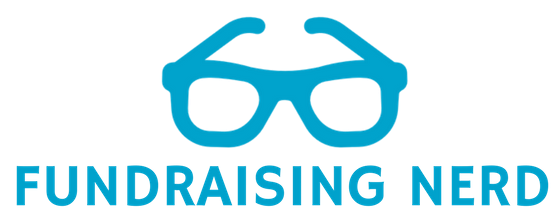Penelope Burk: Why Your Development Officer's Turnover May Cost You $1 Million
Penelope has taken the stage for her afternoon session on talent management. This is the hot new topic in philanthropy. We are leaving billions of dollars on the table by not fulfilling donors' interest in planned giving. Many donors are interested in giving planned gifts, yet we are failing to follow up with them. "It's a juicy and wonderful thing" that there's all that money to be had, yet it's a shame if we leave it on the table.
Penelope connects this to the talent gap.
Development officers in one-person shops have greater job satisfaction than those in shops of all other sizes. Penelope theorizes this may be because they have more control over their daily job activities.
Thirty percent of development staff intend not to stay in the development sector for their career.
What causes a development officer to leave their job before they've given everything they think is possible to their organization? Far more fundraisers leave for negative reasons, than because they feel like they have reached their positive limit of what is possible.
Many fundraisers have a reluctance to get into planned giving. Many mistakenly feel they need to be tax experts rather than relationship-builders. Much of planned giving training is focused on complex financial concepts rather than relationship-building, though this is a tiny part of the business.
Development professionals under the age of 30 average 14 to 16 months on the job. Managers of fundraising program stay just over 2 years. Directors of Development stay about 3 years, and agree that they did not stay for sufficient time to accomplish all they set out to do.
Turnover has significant costs. When junior or entry-level employees stay for only 1 year, turnover costs 2/3 of their salary. This is significantly greater for more experienced professionals. When you look at time other staff must divert from other activities, the cost to replace a $100K employee could be $1M.
